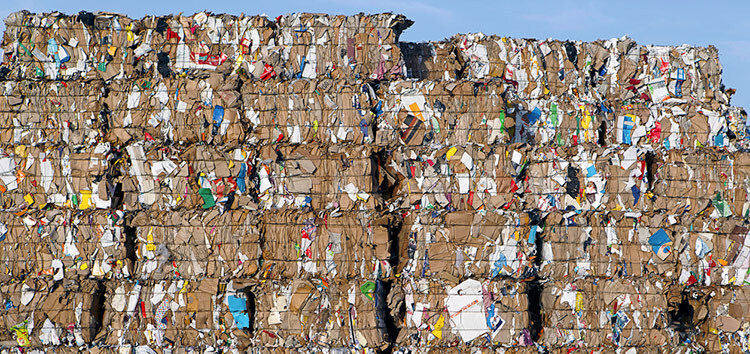
$30 trln in additional investments required to achieve net zero in 8 hard-to-abate sectors
The Net Zero Industry Tracker 2024 estimates that $30 trillion in additional capital will be required across ...

The European Bank for Reconstruction and Development (EBRD) will extend €72.25 million to Belgrade to establish a new landfill and energy-from-waste facility to replace unsanitary landfill after 40 years.
Waste that has piled up over 40 years in Belgrade’s Vinča landfill will be cleaned up and new solid waste management facilities will be constructed thanks to a joint investment by international lenders.
The EBRD is contributing a €72.25 million loan for its own account, while arranging a syndicated loan of €35 million for the account of participants. In addition, the EBRD will mobilize €21 million in concessional finance funded by TaiwanICDF.
The EBRD financing will be part of a wider package including International Finance Corporation (IFC) and Oesterreichische Entwicklungsbank (OeEB) with loans of up to €72.25 million and €35 million, respectively.
The total investment will be mobilized by Beo Čista Energija Ltd., a special purpose vehicle formed by the global utility company SUEZ, the Japanese conglomerate Itochu and Marguerite Fund, a pan-European equity fund investing in renewables, energy and transport. The three companies entered a 25-year public-private partnership (PPP) with the City of Belgrade in 2017 for the first large-scale environmental infrastructure PPP investment in the Western Balkans region.
The EBRD has extensive experience in financing PPP projects and last year participated in the modernization of Belgrade’s Nicola Tesla airport.
The investment includes the construction of an energy-from-waste facility, a facility for construction and demolition waste (CDW), the remediation, closing and aftercare of the existing landfill and the construction of a new EU-compliant landfill.
It will replace the existing landfill in Vinča, a suburb of Belgrade, which is unsanitary and reaching maximum capacity. Closing the old site – which poses a major environmental and health risk, including the pollution of the nearby river Danube – and improving solid waste management is a top priority for the government of Serbia and the City of Belgrade.
The new landfill will serve the growing population of the Serbian capital and create the conditions for the introduction of modern waste management and treatment technology in Belgrade. It will allow the city to meet the biodegradable waste landfill diversion as well as the CDW recovery objectives set by the EU Waste Framework Directive.
The project will promote the sustainability of the natural environment, support pollution prevention and reduce the degradation of ecosystems.
The energy-from-waste facility will be designed to produce energy from waste, thus contributing to reducing the dependence of Belgrade on coal and gas and boosting the share of renewable energy. It will have capacity for a volume of approximately 340,000 tons per year of household waste and treatment of construction and demolition waste of 210,000 tons per year.
The EBRD is a leading institutional investor in Serbia. The Bank has invested more than €5 billion across 250 projects in the country to date. The EBRD is supporting private-sector development and the transition towards a green economy.
The Net Zero Industry Tracker 2024 estimates that $30 trillion in additional capital will be required across ...
Egypt is gearing up for the 2025 Human Development Report, and debt swap initiatives, all ...
The European Bank for Reconstruction and Development (EBRD), the United Kingdom’s High-Impact Partnership on Climate ...


اترك تعليقا